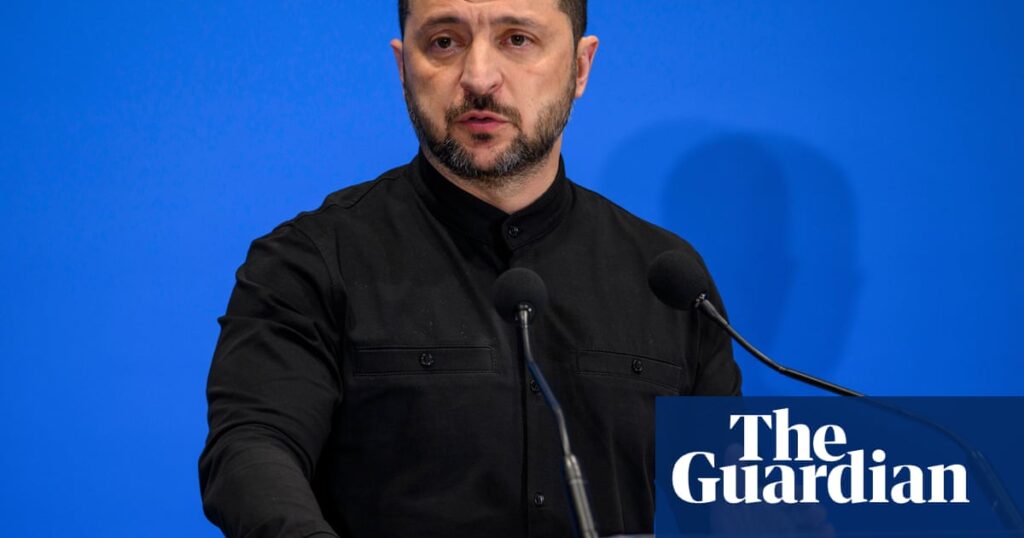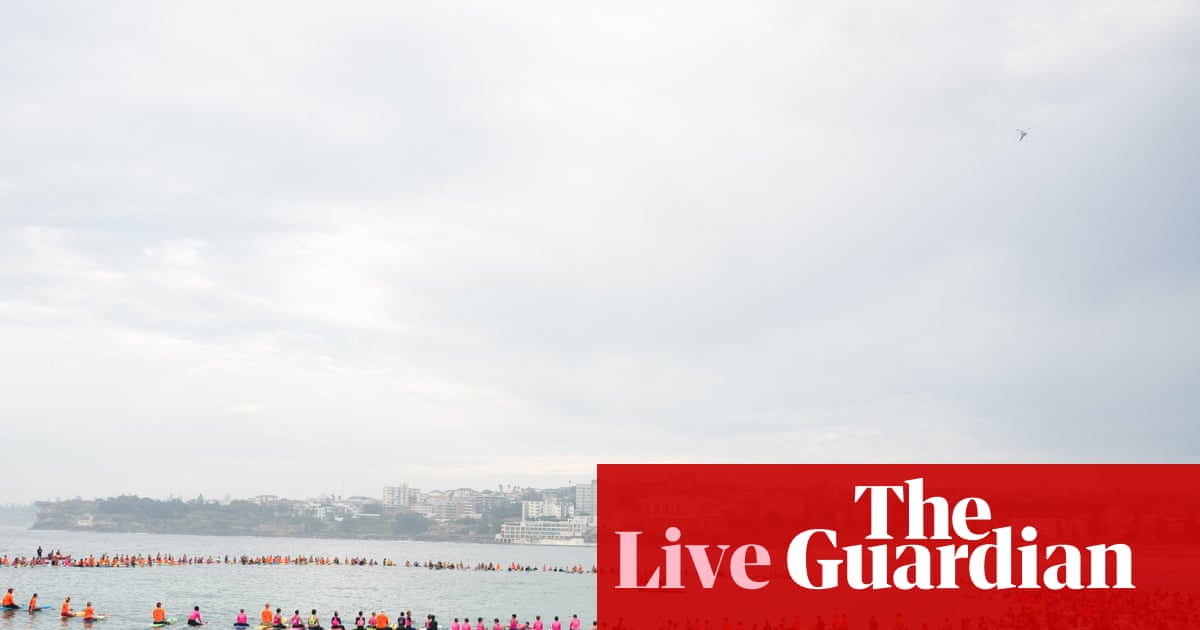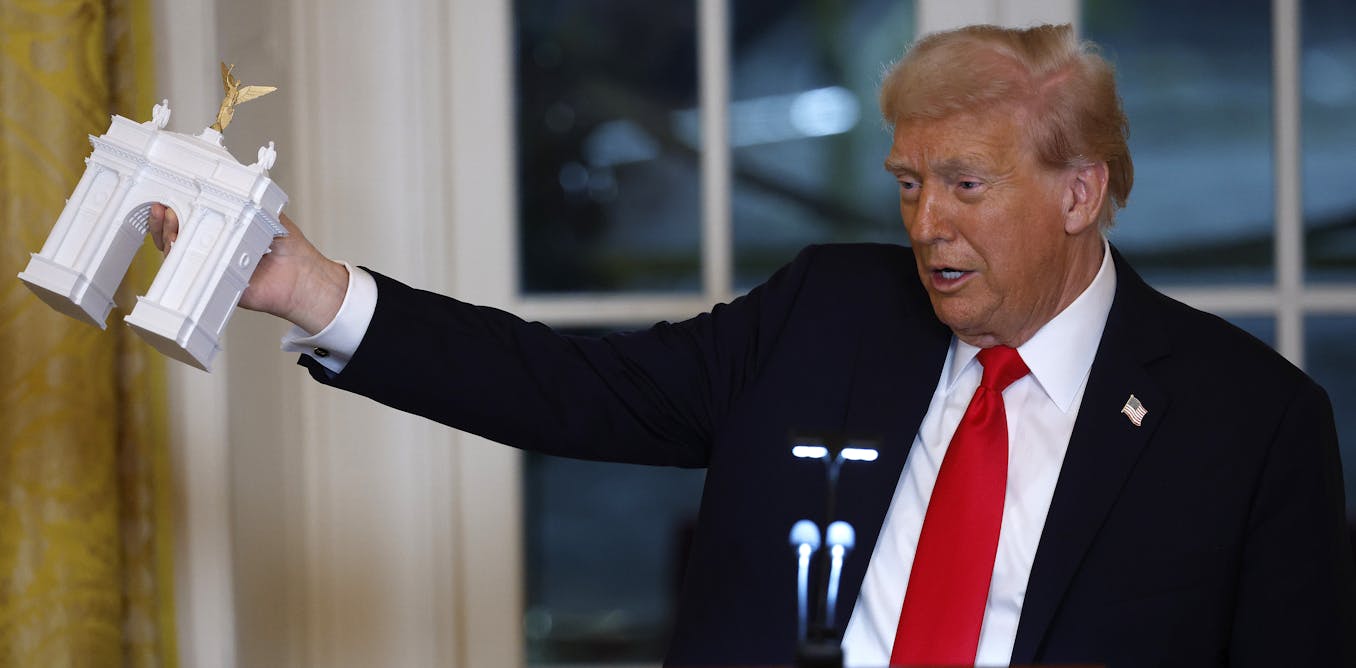
The United States has resumed military supplies to Ukraine, marking a significant development in the ongoing conflict with Russia. Ukrainian President Volodymyr Zelenskyy announced the resumption on Friday, highlighting the renewed commitment from Western allies. This decision follows a brief pause in arms shipments last week, which had raised concerns about Ukraine’s defense capabilities.
During an interview with NBC News, former US President Donald Trump confirmed that a deal had been struck with NATO leaders to facilitate the transfer of weapons to Ukraine. “So what we’re doing is the weapons that are going out are going to NATO, and then NATO is going to be giving those weapons [to Ukraine], and NATO is paying for those weapons,” Trump stated. He further expressed disappointment in Russia, adding, “We’ll see what happens over the next couple of weeks.”
Military Cooperation and Strategic Alliances
President Zelenskyy emphasized Ukraine’s ongoing efforts to enhance its military capabilities through international cooperation. “We are currently working with partners on new supplies, increased weapons production in Ukraine, and better support for our army,” Zelenskyy said. He announced that senior officials in Kyiv would engage in military discussions with Keith Kellogg, Washington’s special envoy, next week.
Kellogg, speaking at a conference in Rome, confirmed his upcoming visit to Kyiv. “We’ll be in Kyiv Monday. We’ll be there all week,” he told Ukrainian media outlet Novyny.LIVE. This visit underscores the strategic importance of Ukraine to US foreign policy and military interests.
EU Sanctions and International Reactions
Meanwhile, the European Union is contemplating a new series of sanctions against Moscow. EU foreign policy chief Kaja Kallas highlighted Russia’s increased attacks on civilians, describing them as “unacceptable.” She revealed that Brussels is considering an 18th round of sanctions and is negotiating an oil price cap to limit Russia’s war funding capabilities.
Kallas also addressed concerns about potential military support for Russia from Laos, following claims that Moscow was seeking assistance. “I also expressed that it has consequences for European aid to Laos if something like this is happening,” Kallas warned, emphasizing the implications of such actions on international relations.
Escalating Conflict and Civilian Impact
The conflict has seen a surge in violence, with Ukrainian drone and shelling attacks reportedly killing three people in Russia on Friday. Russian air defense systems intercepted 155 Ukrainian drones overnight, according to Moscow. Ukrainian forces claimed responsibility for strikes on a Russian fighter aircraft plant and a missile production facility, causing significant damage.
In eastern Ukraine, Russian bombardments forced the evacuation of a maternity center in Kharkiv, injuring nine people. President Zelenskyy reported that a medical facility was targeted, affecting women and newborns. “Fortunately, no children were injured,” he noted, highlighting the ongoing humanitarian crisis.
Strategic Implications and Future Outlook
As the conflict intensifies, NATO faces increasing pressure to bolster its defense capabilities. A US army general underscored the need for more long-range missiles to deter potential Russian aggression. “The Russian army is bigger today than it was when they started the war in Ukraine,” Maj Gen John Rafferty stated, stressing the importance of enhancing alliance capabilities.
This development comes as Russia continues to invest in long-range rockets and sophisticated air defenses, posing a significant challenge to European security. The international community remains vigilant, with strategic alliances and military cooperation playing a crucial role in shaping the future of the conflict.
As the situation unfolds, the world watches closely, anticipating further developments and potential resolutions to this protracted conflict.






